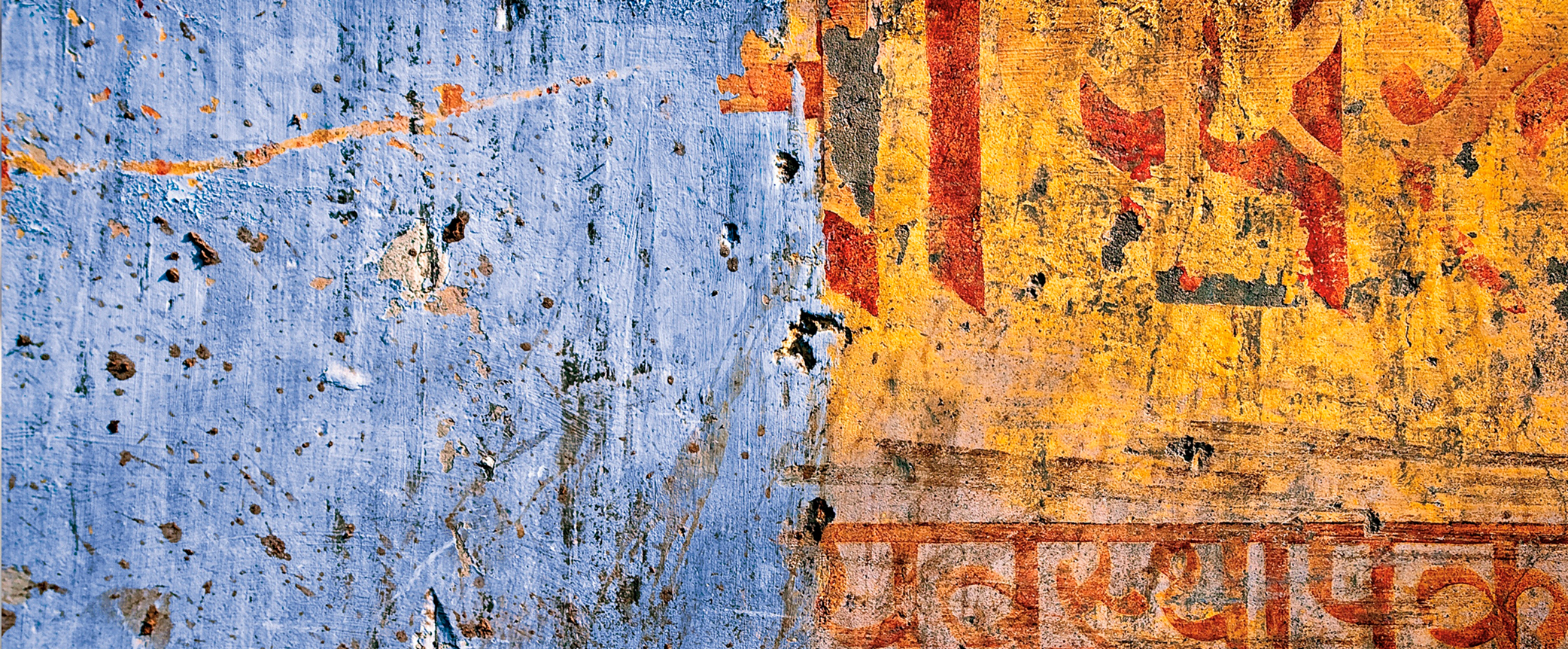
The term “soundscape composition” did not exist when I started writing music with environmental sounds. Through a variety of fortunate circumstances I had discovered a medium that was my perfect compositional language. I had learnt much while working with the composer R. Murray Schafer and his research group, the World Soundscape Project: about listening, about the properties of sound, about noise, and the issues we face regarding the quality of the sound environment. It was from within this exciting context of soundscape studies and acoustic ecology””the study of the interrelationship of sound, nature, and society””that my work emerged.
The style has unique creative challenges, formed by the meeting of two distinct forms of composition and the relationships and balance between them: that of the artist’s musical aesthetic and the language inherent in recorded sounds and soundscapes. It is not unlike a traveller’s encounter with a new place. The journey itself becomes the point of balance between the traveler’s own inner reality and how he or she meets the new place. It is in the quality of the journey that this relationship can be seen as balanced or unbalanced. Similarly a soundscape composition is the journey that circumscribes the relationship, the conversation between composer and sound sources.
The sounds I have captured in India form the language with which I speak of the connection, the love that I developed for the country. The initial impetus for visiting India came in 1992 from an invitation by Max Mueller Bhavan, the German Goethe Institute in Delhi, to conduct a soundscape workshop. I had never been in India before, and when I first arrived, I felt confronted by complete and utter strangeness. It was a dizzying experience. But the country got under my skin, like love does. It simply took hold of me and whirled me around, inside out, and upside down.
Despite fearful incidents during my travels, repeated obstacles and difficulties, countless hassles and frustrations, a strong glow remains for me, a renewed and different love for life. This is the gift I received from my travels in India. And of course, I am hoping that the compositions born from the country’s audio landscapes””small as they are in the face of the vast complexities of its ancient, enriching culture””can somehow transmit this glow to a listener.
About the Contributor
Hildegard Westerkamp is a composer, educator, and radio artist whose career began when she joined the influential World Soundscape Project under the direction of R. Murray Schafer. She has written prolifically on soundscapes and listening and has given lectures and conducted soundscape workshops around the world. The majority of her compositional output deals with aspects of the acoustic environment, including soundscapes, voices, noise, silence, music, and the sounds of different cultures.


